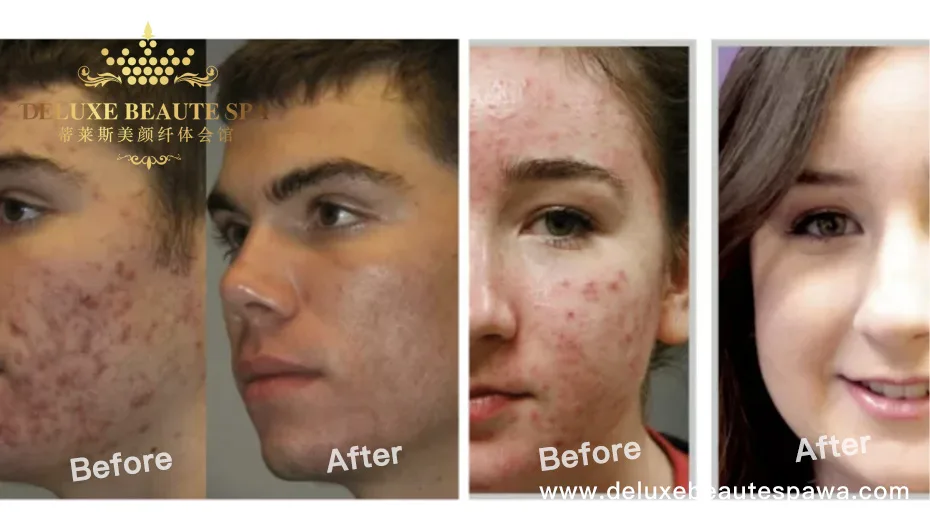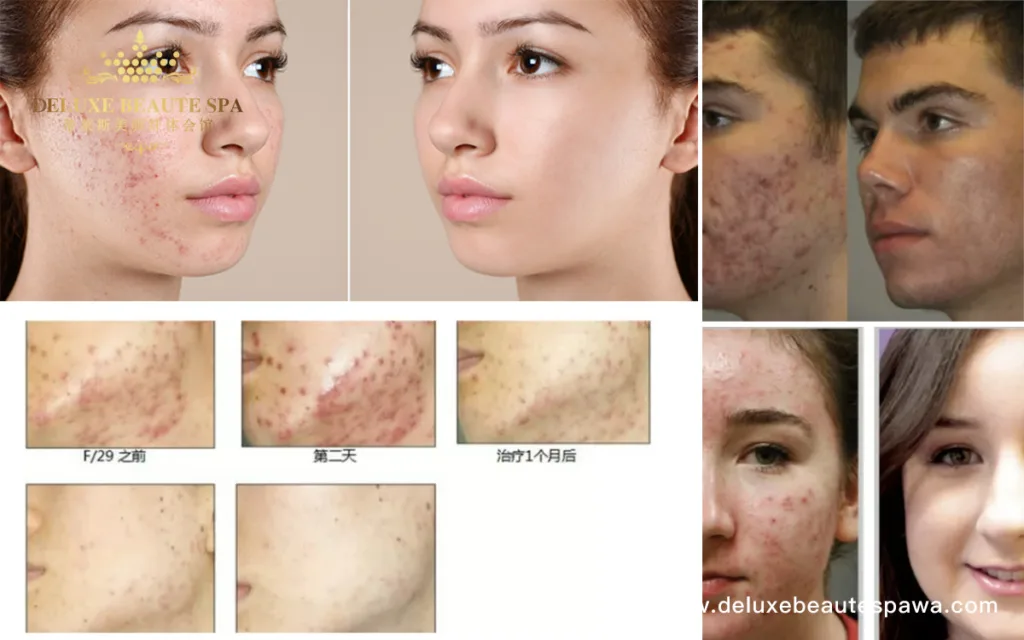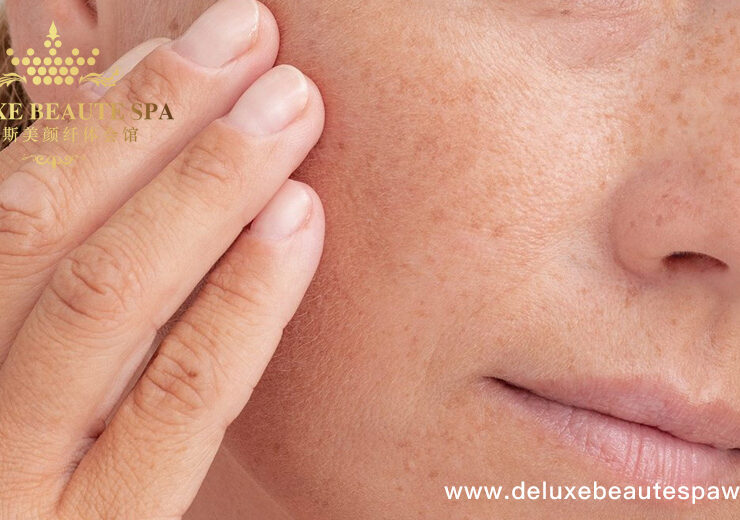Maintain a consistent skincare routine:
Cleanse your face twice a day using a gentle cleanser to remove excess oil, dirt, and impurities .
Avoid harsh scrubbing or using abrasive products that can irritate the skin .
Use non-comedogenic (non-pore-clogging) moisturizers and cosmetics to prevent clogged pores.
Avoid touching your face with unwashed hands, as it can transfer bacteria and irritate the skin.
Refrain from picking or popping pimples, as it can worsen inflammation and increase the risk of scarring.
Follow a balanced diet rich in fruits, vegetables, whole grains, and lean proteins.
Stay hydrated by drinking an adequate amount of water daily.
Get regular exercise to improve blood circulation and reduce stress.
Identify and avoid factors that may trigger or worsen acne, such as certain foods (e.g., dairy, high-glycemic index foods), stress, and hormonal fluctuations.
Cleanse your face after sweating or wearing helmets or hats to remove sweat and oil buildup.










